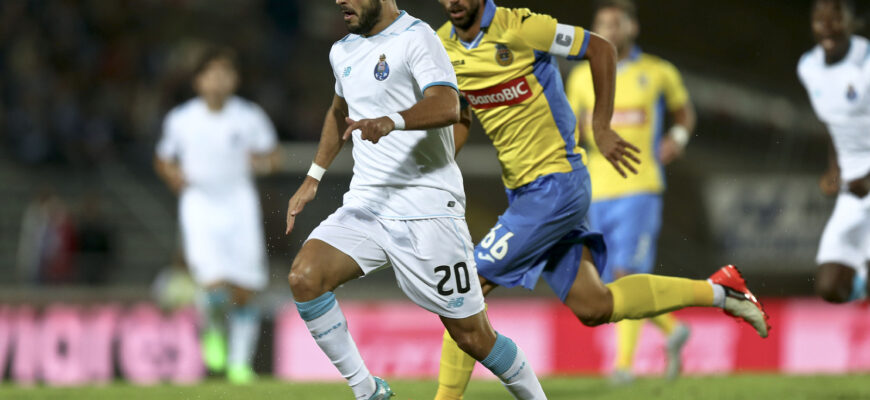A routine Primeira Liga fixture has blossomed into a logistical conundrum, highlighting the intricate dance between local community events and the demands of professional football. The much-anticipated clash between Arouca and FC Porto faces potential rescheduling or relocation, all thanks to an annual celebration.
The Scheduling Standoff: Football vs. Festivities
In the vibrant world of Portuguese football, the Primeira Liga rarely experiences a dull moment. Yet, sometimes, the drama unfolds not on the pitch, but in the intricate world of event planning. Such is the case with the upcoming match featuring Arouca against powerhouse FC Porto. The crux of the issue? A rather charming, if inconvenient, clash with Arouca`s cherished “Feira das Colheitas” – a traditional Harvest Festival.
This local festival, a pillar of community life, demands significant resources, particularly in terms of public safety and security personnel. Deploying the necessary Civil Protection and GNR (National Republican Guard) forces to manage both a large-scale public festival and a high-profile football match simultaneously presents an undeniable logistical challenge. It`s a classic case of immovable object meeting irresistible force, only this time, the “objects” are a football and a turnip cart, metaphorically speaking.
Liga Portugal`s Steadfast Stance on Safety and Regulations
Reinaldo Teixeira, the President of Liga Portugal, has been vocal regarding the situation. Speaking on the sidelines of the Liga Portugal Awards gala, he affirmed the league’s unwavering commitment to regulations and, crucially, public safety. “This house complies with laws and rules,” Teixeira stated, underscoring that security remains a highly sensitive and non-negotiable aspect of event organization. One might even suggest that in the world of professional sports, rules are not merely guidelines; they are sacred texts, particularly when public welfare is at stake.
The league, he confirmed, is meticulously “finalizing details within the regulations” to reach a definitive decision. The goal, as always, is to ensure “a great football match” can proceed, but only under conditions that guarantee the safety of all participants, from players to passionate fans. It`s a delicate balancing act, akin to a striker attempting a bicycle kick in a crowded penalty box – precision and control are paramount.
A Precedent of Problem-Solving: The Nacional vs. FC Porto Episode
Interestingly, this isn`t Liga Portugal`s first rodeo with scheduling headaches this season. Teixeira noted that a similar hurdle concerning the Nacional vs. FC Porto fixture had recently been overcome. Through collaborative efforts involving Nacional, FC Porto, and even TAP (the Portuguese airline, presumably assisting with complex travel logistics), a solution was successfully hammered out. This serves as a beacon of hope, demonstrating that even the most tangled logistical knots can be untied with cooperation and a shared commitment to the sport.
The successful resolution of the Nacional game highlights the spirit of adaptability required in modern football management. While the specifics were not divulged, it suggests that when clubs and external partners work in concert, even seemingly insurmountable obstacles can be navigated, allowing the beautiful game to continue its rightful course.
The Road Ahead: Consensus, Relocation, or Rescheduling?
For the Arouca vs. FC Porto encounter, all options remain on the table. Teixeira explicitly stated that playing the match at “another location is possible,” a clear indication that the league is prepared to consider alternative venues if safety concerns cannot be adequately addressed in Arouca. This could mean a temporary relocation to a neutral ground or even the stadium of another club.
While the league aims for “consensus between the two SADs” (football limited companies), the final decision ultimately rests with Liga Portugal, guided strictly by safety protocols and regulatory frameworks. The Arouca municipality, Civil Protection, and GNR are all actively involved in the discussions, highlighting the multi-agency coordination required for such high-stakes decisions. Football, it seems, is not merely a game of two halves, but a complex administrative ballet performed under the watchful eyes of various authorities.
An official announcement detailing the resolution is expected very soon, as fans and clubs alike await clarity on when and where this Primeira Liga fixture will ultimately take place. Until then, the Harvest Festival may well hold temporary bragging rights over the football calendar, a testament to the enduring power of local traditions.









